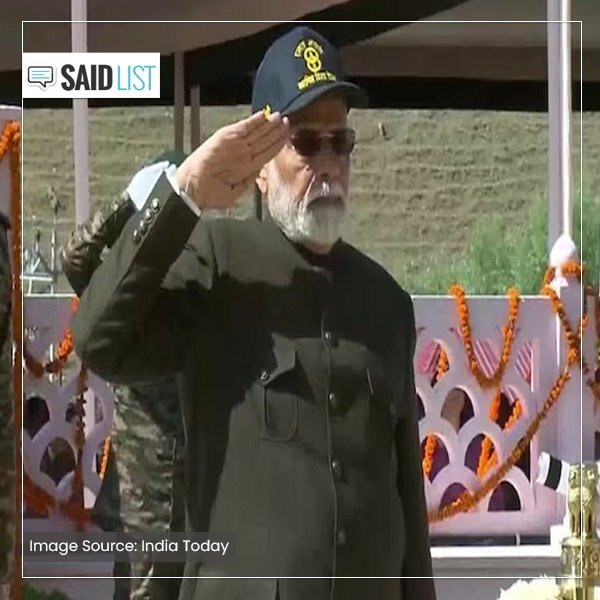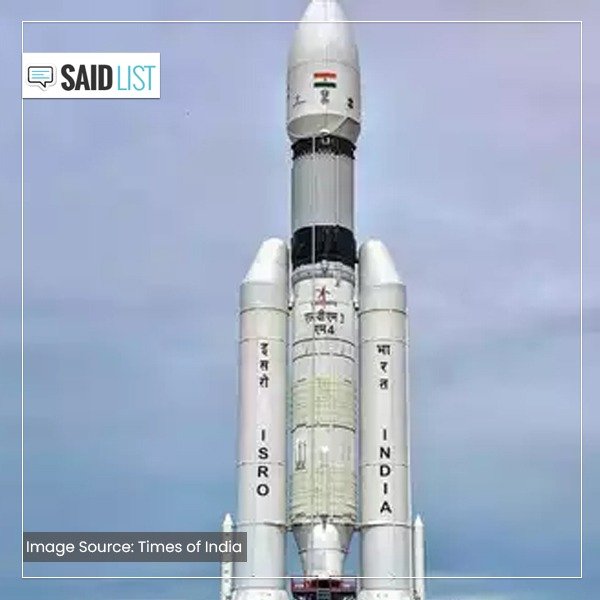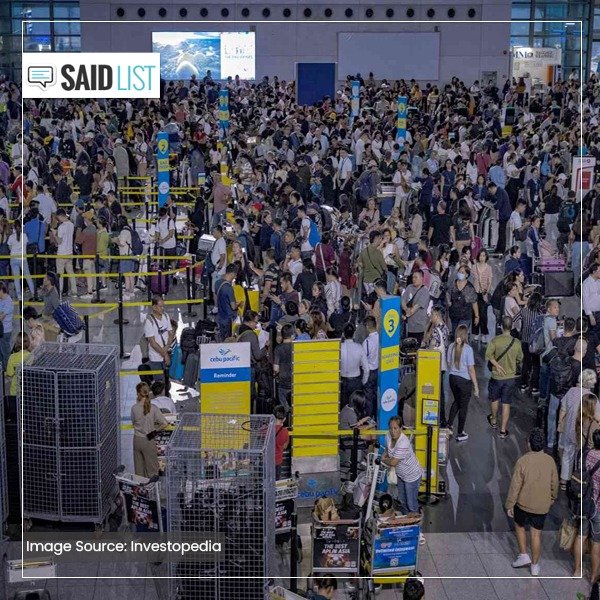The highly anticipated ninth edition of the FIFA Women’s World Cup is set to make a grand return this summer, marking a significant milestone as it becomes the first-ever co-hosted event.
Taking place from July 20 onwards, this prestigious tournament will be held across the beautiful countries of Australia and New Zealand.
A total of 32 teams from around the globe will make their way to these shores, united by a common aspiration: to reach the pinnacle of the competition by securing a spot in the final showdown at the illustrious Sydney Olympic Stadium on August 20, with the ultimate goal of lifting the coveted championship title.
What’s different this year?
In a notable development this year, each participating nation will have the privilege of having their dedicated base camp for the first time in the tournament’s history. These base camps will serve as a team’s “home away from home,” encompassing essential facilities such as training sites and accommodation, as confirmed by FIFA.
Australia voices criticism of prize money gender disparity ahead of Women’s World Cup 2023
FIFA is responding to the increasing worldwide interest in women’s soccer and the demands for equality expressed by both players and fans by introducing changes to the World Cup. However, the Australian women’s football team has expressed their discontent regarding the gender disparity in prize money between the men’s and women’s World Cups. In a video shared by the Professional Footballers Association (PFA), all 23 players from the squad voiced their concerns prior to the upcoming FIFA Women’s World Cup.
The players highlighted the impact of collective bargaining, which has enabled them to secure equal conditions with the Socceroos, (Australia’s Men’s National Football Team) except for one crucial aspect.
They emphasized that despite this progress, FIFA continues to offer women only a quarter of the prize money awarded to men for the same accomplishments.
In the video, various dates were highlighted, such as the Matildas’ initial qualification for the World Cup in 1995, the first collective bargaining agreement in 2010, and the team’s 2015 strike to voice out against Football Australia.
Projected Spectator Turnout for the 2023 FIFA World Cup
The upcoming 2023 Women’s World Cup is expected to have the highest attendance of any tournament to date, surpassing the record set by the 2015 event in Canada which drew over 1.35 million people.











